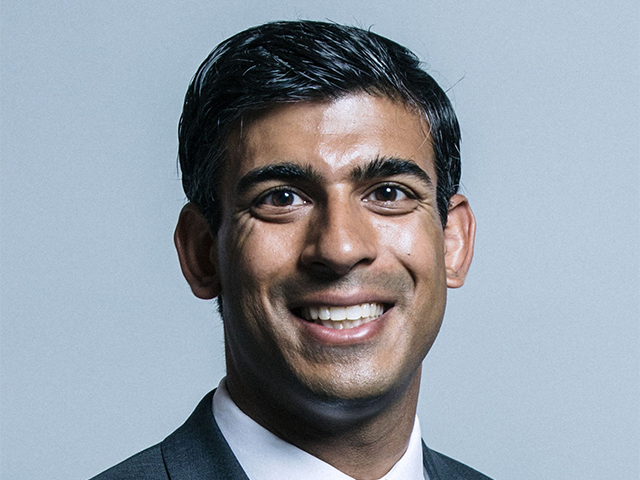
Scotland, Northern Ireland and Wales expected to see major improvements in mobile phone coverage.
Chancellor of the exchequer Rishi Sunak today announced plans to invest £5 billion to help spread gigabit-capable broadband ISP networks across the UK by 2025.
This will see 95 per cent of homes across the UK receive better mobile phone reception over the next five years.
This comes after news earlier this week that the UK’s four major mobile operators agreed on a deal with the government to end poor mobile phone coverage in rural areas.
The Shared Rural Network will see EE, O2, Three and Vodafone work together to invest in new and existing phone masts to improve mobile phone coverage with those living in Scotland, Northern Ireland and Wales expected to see the biggest improvements to mobile reception.
Infosys Consulting UK head Andrew Duncan said: “It’s a relief to see the Chancellor investing in innovation – particularly in wake of Coronavirus demanding a big portion of the government’s cash.
“Huge investment in UK R&D, and the promise of £5 billion for next-generation broadband and extending 4G coverage, shows that the government is putting its money where its mouth is and is set on seeing Britain become a digital leader.
“Many recent announcements – an AI and automation-enabled NHS or millions for AI and digital skills – were criticised for being ‘pie in the sky’. Now, they seem more possible.”
Comparethemarket.com head of digital Holly Niblett said: “The Chancellor’s commitment to improve broadband connectivity in rural areas will be a welcome relief for homes which have been suffering with unacceptably poor speeds for years.
“Ofcom figures show that there are currently 155,000 UK properties without a decent broadband connection and our research suggests nearly two-thirds (63 per cent) of homes suffer broadband outages or significantly slower internet speeds at least once a month.
“Many of these outages will be in rural areas and those households are often forced to choose between just one or two providers.
“This investment will lead to greater connectivity, better choice for consumers, and more competition in the market.”
Berkeley Research Group managing director Mark Williams said: “It’s the latest in a series of similar government initiatives going back several years.
“Ensuring ubiquitous mobile network coverage in the UK is challenging for both technical and financial reasons.
“Volumes of mobile traffic in rural areas are typically quite low which means that investment in network infrastructure is these areas is usually not profitable for the operators.
“This is made worse by the geography of the UK which means that there are many spots in which there is no network coverage.
“The challenge for the government and for Ofcom is to ensure that this public funding is used quickly, efficiently and does not replace private investment that the operators would have made anyway.”



